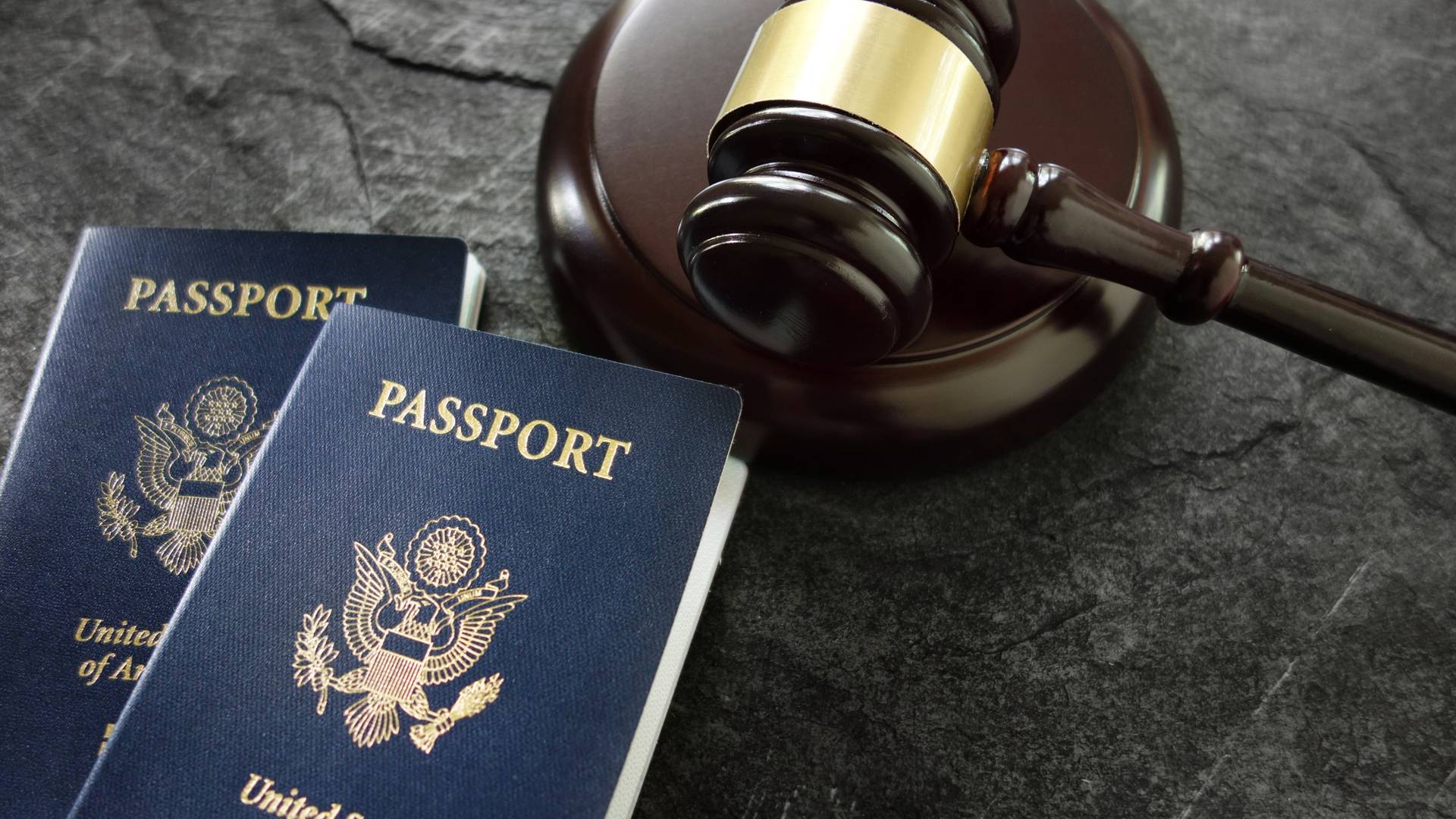
Tampa Unlawful Presence Waivers Attorney
Unlawful presence in the United States is detrimental when it comes to obtaining an immigrant visa or adjustment of status. Under INA §212(a)(9(B), 8 USC §1182 (a)(9) , a person who seeks admission after being unlawfully present in the United States is inadmissible. If the period of unlawful presence is more than 180 days but less that 360 days, the immigrant would be inadmissible for three years. The immigrant would be ineligible for 10 years if the period is more than 180 days. However, there are periods of presence that do not count towards unlawful presence including:
- Individuals granted voluntary departure
- Individuals not given an I-94
- Persons granted Temporary Protected Status (TPS)
- Those with pending adjustment of status application
- Those granted withholding of removal
- Individuals granted a stay of removal, and
- Those granted cancellation of removal.
There are other exceptions in the statute including battered spouses, minors, asylees, those subject to family unity protections, and victims of severe forms of trafficking. Some individuals who are unlawfully status in the United States may not necessarily trigger unlawful presence. These immigrants include students who have been granted duration of status would not accrue unlawful presence until an immigration judge or USCIS decides that the person has been unlawfully present.
An immigrant musk seek admission again for the unlawful presence bar to be triggered.
I-601 or I-601A form?
Usually, am immigrant must depart the United States for the bar to be triggered. The waivers, after departure, are usually filed using the I-601 form. However, person who are present in the United States may file for the waiver before departing using the I-601A form. This change was made possible by the Obama Administration in 2013.
The Waiver Criteria:
The law allows a waiver if the denial of admission would result in extreme hardship to the immigrant’s qualifying relatives. The immigrant must be the son, daughter, or spouse of a United States citizen or lawful permanent resident. The immigrant holds the burden of proof in this case to show extreme hardship. Evidence of extreme hardship includes:
- Family ties to the United States
- Social and cultural impact
- Economic impact on the qualifying relative
- Health conditions
- Country conditions in the country of citizenship
Appeals of denials:
There are no appeals for denials of the I-601A application. A denial of the I-601 application can be appealed to the Administrative Appeals Office using form I-290B.
What Sets Us Apart
-
Ultimate ConvenienceAttorney Ahmad Yakzan is your reliable immigration attorney from St. Petersburg Tampa, Florida to Washington, D.C. We also have offices that are conveniently located to serve you in Clearwater, Dunedin, New Port Richey, Oldsmar, Land o’ Lakes, Plant City, Lakeland, and Zephyrhills.
-
Flexible CommunicationFor your convenience, we offer in-person, phone, or teleconferencing consultations. Attorney Ahmad Yakzan would be glad to accommodate you in one of our offices in St. Petersburg and Tampa, Florida.
-
Competitive PricesSpare no expense in attaining and protecting your American Dream® with the help of Attorney Ahmad Yakzan. Our small consultation retainer will be credited towards our legal fees when you retain our office. We offer competitive rates for excellent legal services.

Making a Difference in Our Clients' Lives
Read Our Five-Star Client Testimonials
At American Dream Law Office, PLLC, your dream is my dream, and it shows in our reviews! See for yourself what our clients have to say about working with us.
-
“He went above and beyond to make sure I would make it to the next step on becoming a citizen.”Mahmoud B.
-
“Ahmad has been with me through every step and and made me feel comfortable.”Nana S.
-
“I’m so glad we didn’t try to go through this lengthy and complicate process without them.”Lucia A.
-
“Hiring him gave me a complete sense of peace.”Isabella B.
-
“Today we finally got the approval for my husband’s green card”Aya B.
-
“The best and more loyal Lawyer I met in my life”Abed H.
-
“I could not have done this without his help. When it comes to relocating to another part of the world, there will always be obstacles to overcome, you will need help.”Michael H.
-
“He is very knowledgeable and does an excellent job of proactively communicating.”Crystal C.

